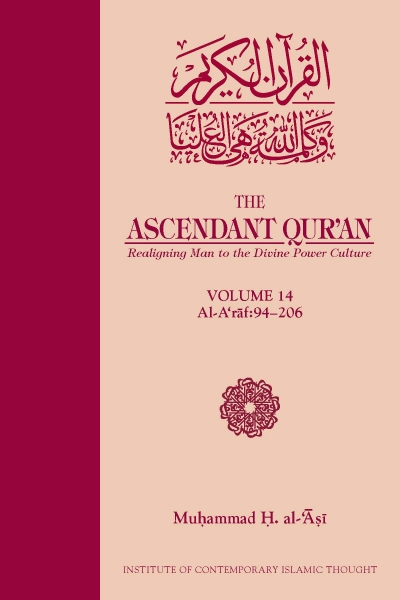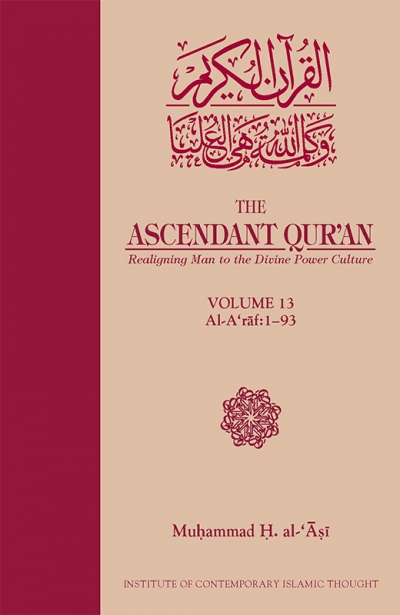



Throughout the noble Qur’an and especially in this surah, we learn about the struggles of Allah’s Prophets (AS). They faced trials and tribulations, even exile and death, but they nonetheless upheld the principle of maintaining justice in society. It was through such sacrifices that Allah’s laws were ultimately implemented. Today in¬justices have been institutionalized at every level in society. The rich and powerful exploit the weak and poor. The wealth gap be¬tween the two has now reached an all-time extreme — yet no one in the public airwaves characterizes this as “extremism.” Far from recognizing that this is the direct result of man-made policies, the oppressors and tyrants blame the victims for their misfortune.
From its contents we can discern that Surah al-A‘raf, like the surah preceding it, was revealed in Makkah. The time period of revelation also appears to be the same: near the end of the Prophet’s mission in Makkah and in preparation for the Hijrah to Madinah. This is apparent from the reference to the Children of Israel and their argumentative behavior vis-à-vis Musa (AS). The Prophet (SAL) and the Muslims with him were about to encounter Banu Isra‘il, for the first time as an organized opposition, upon their arrival in Madinah.
As the last and final communication to all humanity from our Rabb (Lord and Sustainer), Allah (swt), the Qur’an needs to be properly understood for us to implement it. The Ascendant Qur’an: Realigning Man to the Divine Power Culture is a highly recommended tafsir of the 21st century and beyond.
It was in the month of Ramadan that the first few ayat of the majestic Qur’an were revealed to the noble Messenger (saws). Muslims must engage the divine Book in earnest. The Ascendant Qur’an by Imam Muhammad al Asi enables them to do so.
That the first volume of The Ascendant Qur'an, Imam Muhammad al-Asi's new tafseer of the Qur’an, would be well received inSouth Africa was never in doubt, given his great popularity within the Muslim community; what was unclear was the degree of support it would receive.
Two months may be too short a time to present an accurate assessment of the impact of Imam Muhammad al-Asi’s tafseer, The Ascendant Qur’an, but the contours of its reception are already clear. Most people have been impressed by its fine production quality, contrasting it with the poor quality of Islamic literature often produced elsewhere in the Muslim world.
The first volume of Imam Muhammad al-Asi’s tafseer of the Qur’an, The Ascendant Qur’an, was formally launched by the Instituteof Contemporary Islamic Thought at a function at the Islamic Society of York Region in Toronto on May 24. It was a low-key event, aimed mainly at the local community, rather than a massive event designed to be unmissable by Muslims and non-Muslims alike.
The first volume of ‘The Ascendant Qur’an’, Imam Muhammad al-Asi’s tafseer, was launched by the Institute of Contemporary Islamic Thought in Toronto on May 24. Crescent International took the opportunity to speak with Imam al-Asi about his tafseer, and his understanding of the challenges facing the global Islamic movement.
Over the last few years, Crescent International has serialised a new tafseer of the Qur’an by Imam Mohammad al-Asi. The first volume of this tafseer is now being published by the Institute ofContemporary Islamic Thought (ICIT), as the ICIT’s Director ZAFAR BANGASH explains.


